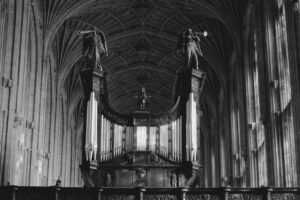“And she shall bring forth a son: and thou shalt call his name JESUS. For he shall save his people from their sins.” – Matthew 1: 21
“Lord Jesus Christ, Son of God, have mercy on me, a sinner.” – The Jesus Prayer
A simple prayer of only one verse, The Jesus Prayer, likely has its origin in the Desert Fathers of the 3rd and 4th centuries. It is highly esteemed and recommended in the Eastern Orthodox Church, and particularly connected with the spiritual teaching found in the Philokalia and with the contemplative Hesychastic tradition. It is the subject of the famous 19th century Russian work entitled The Way of the Pilgrim, which recounts the narrator’s travels attempting to discover how to “pray without ceasing.” Though simple and short, this prayer is deeply rooted in the Scriptures, particularly the parable of the Pharisee and the Tax Collector found in Luke’s Gospel (Luke 18:9-14). We can also discover within it much of what the angel declares to Mary, to Joseph, and to the shepherds about the identity of the Babe to be born in the manger in Bethlehem. In fact, it could be said that The Jesus Prayer sums up just about everything we believe about Jesus. At Christmas time, when we celebrate the birth of the One who will “save his people from their sins,” Whose very name declares His mission, it is good to reflect on what we believe about this Babe lying in the manger.
Lord – The first word of the prayer is “Lord.” The shepherds were told that the child was Christ “the Lord” (Luke 2:11). We often quickly pass by this title when referring to Jesus, as if it is a part of His name. But in the New Testament world, the word “Lord” referred to ownership. The Lord owned the property worked by the servants, and perhaps even owned the servants. There was a complete submission of the servant to the will of the “Lord” or “Master.” The implication is that when we say, “Jesus is Lord” we mean that we belong to Him, that He “owns” us, that all we possess is really His and from Him, and that we should will or want nothing but what He wills and wants. We acknowledge that we are not our own, but have been bought at a great price (cf. 1 Corinth. 6:19-20).
Jesus – The name Jesus, the Greek form of the Hebrew Yeshua, literally means “Savior” or “Yahweh saves.” This was the name given by the angel to Mary and to Joseph. To Joseph, the angel states the reason for the child’s name: “For he shall save his people from their sins” (Matt. 1:21). When the angel appears to the shepherds he declares, “This day is born for you a Savior” (Luke 2: 2:11). The name Jesus emphasizes that He came into the world to save us. The word “salvation” comes from the Latin word salus, which means health, healing, or wholeness. From it we also get words like “salve,” which is an ointment you would put on a wound. When we say that Jesus saves us, it means that He heals us and makes us whole again. The sin of the “first” Adam had wounded us, broken us. Sin wounds and breaks our relationship with God, our relationships with one another, and our relationship with creation itself. It wounds our very nature, disordering our desires and inclining us to sin. And, if we are honest, we are all well aware of our own guilt here. Even our most sincere efforts at love and justice are tainted by selfishness and ulterior motives. Although we long for wholeness, we seem incapable of setting things right, of fixing what is broken in us and in the world. Simply put, we cannot save ourselves. It is this pitiable situation that prompted St. Paul to cry out, “Wretched man that I am! Who will deliver me from this body of death? Thanks be to God through Jesus Christ our Lord!” (Rom. 7:24-25). Yes, only Jesus, the Last Adam (1 Corinth. 15:45), can save us; only He makes us whole again. How did He do this? By dying on the cross – by being broken and wounded Himself so that we might be made whole. And by sending us the Holy Spirit, that we might walk according to the Spirit (cf. Gal. 5:16) in newness of life (cf. Rom. 6:4) and no longer live for ourselves, but for Him (2 Corinth. 5:15). Any of us who recognize those areas in our world and in ourselves where there is brokenness, disease, and disorder should take comfort that the name Jesus means, “God heals us and makes us whole again.” This is the charity of God (cf. Rom. 5:8, 1 John 4:10, Eph. 2:4).
Christ – Literally, “the anointed one.” This title was given to the shepherds. “Christ” is a messianic title, the Greek equivalent of the Hebrew Meshiach. In the Old Testament, the “anointed ones”were priests, prophets, and kings. The Messiah to come was expected to fulfill all these roles. We see this in Jesus: He offers Himself as a sacrifice on behalf of the people, He speaks the Word of God and calls people back to the Covenant with the Father, and He is the King of Kings, Ruler of Heaven and Earth. That He was a King was announced by the angel to Mary, and later to the shepherds. It is also the King’s star that guided the wise men who, carefully following the prophecies, sought for the place of His birth (Matt. 2:1-2). As Jesus’ subjects, we profess complete loyalty to our King, and seek to extend His Kingdom in the world: “Thy Kingdom come, Thy will be done on earth as it is in heaven” (Matt. 6:10).
Son of God – Mary was told that the child would be called the “Son of God,” because of His virginal conception and being fashioned in her womb by the overshadowing of the Holy Spirit (Luke 1:35). “Son of God” in the prayer is a proclamation of faith in Jesus’ divinity. Jesus is totally human, but also totally divine. He is the Word of God made flesh (cf. John 1:14). He is “consubstantial with the Father,” as we proclaim every Sunday Mass in the Nicene Creed (cf. John 10:30). Because Jesus is God Himself, His words and deeds have power and authority. “He alone has the words of eternal life” (John 6:68). He is master over the wind and the waves (cf. Matt. 8:27). In Him, “we live and move and have our being” (Acts 17:28).
Have mercy on me a sinner – Here we acknowledge the sheer fact that God is the one true and living God, Creator and Lord of heaven and earth, Almighty, Eternal, Immense, Incomprehensible, Infinite in intelligence, in will, and in all perfection (cf. Dei Filius, Ch. 1, Vatican I, 1870). Since there is such a gulf between God’s nature as Creator and ours as creature, any goodness He shows us is technically a “mercy.” Our very existence – here and now – and all that fills it is totally dependent on Him. It is a “mercy.” However, in addition to being creatures, we are sinners. We disobey or disregard God and His commandments so very often. We have rebellious hearts that refuse to serve and are all too willing to acquiesce to the temptations that come from the world, the flesh, and the Devil. We are routinely forgetful, ungrateful, and self-centered. We fail to recognize those on the margins and in need – the poor, the lonely, the outcast – those with whom the Lord so fully identifies with Himself that He says, “Whatever you did not do to the least of these, you did not do to me” (Matt. 25:40). We, like the tax collector in Luke’s Gospel, should be hesitant to lift our eyes to heaven; we should cry out in repentance, begging God, in His great love, to have mercy on us. This is the kind of prayer that finds favor with God and will justify us before Him (cf. Luke 18:14). A humble and contrite heart He will not despise (Ps. 51:17).
In his penetrating book, Life of Christ, Archbishop Fulton Sheen states, “The story of every human life begins with birth and ends with death. In the Person of Christ, however, it was His death that was first and His life that was last. The Scripture describes Him as ‘the Lamb slain as it were, from the beginning of the world.’ He was slain in intention by the first sin and rebellion against God. It was not so much that His birth cast a shadow on His Life and thus led to His death; it was rather that the Cross was first, and cast its shadow back to His birth” (p. 20). In other words, the shadow of the Cross fell upon the cradle: a cradle that was a manger, a feeding trough for animals, in Bethlehem, which means “House of Bread.” The bread that Jesus would give was His flesh for the life of the world (cf. John 6:52). It was the reason He had come. As Sheen continues, “This was ‘His Father’s business’; everything else would be incidental to it” (p. 30).
So when we celebrate the Babe born in Bethlehem that lay in a manger, let us not forget Who He is and the reason for His coming. Let us beat our breasts and cry out: “Lord Jesus Christ, Son of God, have mercy on me, a sinner.” Yet, at the same time, let us “fear not” – heeding the encouraging words of the angel to Mary, to Joseph, and to the shepherds – for this day is born for us a Savior, who is Christ the Lord: hope for the wayward soul and for a broken world.
Good tidings of great joy, indeed!
David Hajduk received his Ph.D. in Theology from Maryvale Institute in Birmingham, England, and wrote his dissertation on the thought of St. John Paul II. He is a teacher, speaker, pastoral minister, and award-winning author of God’s Plan for You: Life, Love, Marriage and Sex (Pauline Books & Media, 2006, 2018), a book for teens on the Theology of the Body. David is the Director of Theology for Array of Hope.




